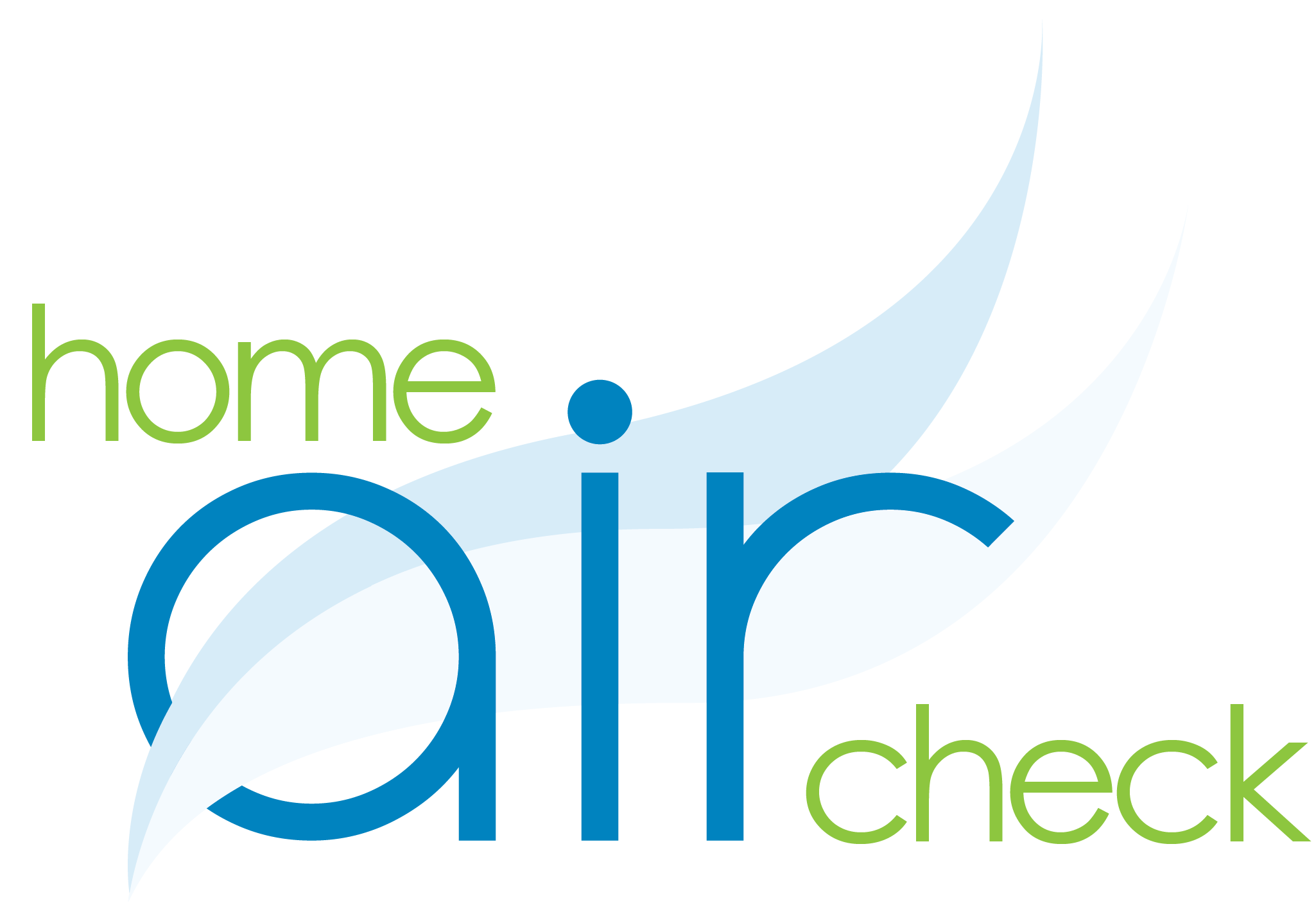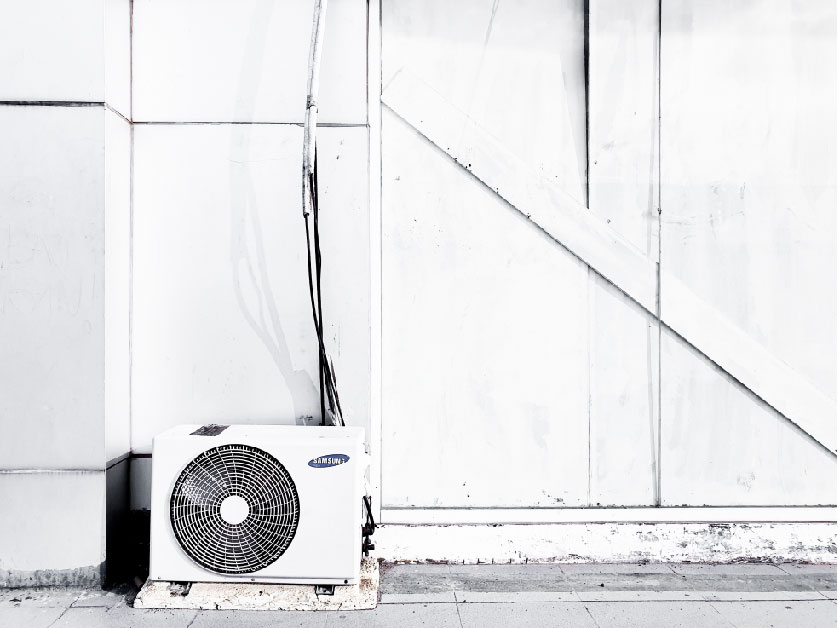Here, let’s take a look at some of the most common air quality concerns and discuss how HVAC units can help purify our air indoors.
Those of us who live in highly industrial and urban cities often worry about the air quality outdoors. However, the Environmental Protection Agency notes that we might be focusing too much on outdoor air pollution, and it’s high time that we pay attention to the concentration of pollutants indoors, which may be five times higher than the levels outdoors.
Indeed, indoor air pollution poses a major health risk, especially for those who live in an enclosed space with bad ventilation and have a pre-existing heart or lung condition.
Construction and other outdoor activities emit dust and various fine particles that can pollute your indoor space. They find their way indoors through doors, windows, and other openings. In addition, fine particulate matter can be sucked into your space by your building’s HVAC system.
Furthermore, hazardous pollutants such as volatile organic compounds, which are released by other chemical such as paint products, personal care products, pesticides, cleaning solvents, cigarettes, air fresheners, and synthetic building materials, can also greatly reduce the quality of air indoors — particularly if the building is poorly ventilated.
Other indoor air pollutants that can seriously affect your health include dander, pet hair, mold, and dust mites. These kinds of indoor air pollutants tend to build up over time and can be detrimental to people with allergies and other chronic respiratory illnesses.
All HVAC systems are fitted with an air filter that can remove most indoor air pollutants and volatile organic compounds. Before the air is blown indoors, the HVAC system makes sure that it passes through the filter and pulls out particles such as dirt, dust, bacteria, and hair. However, not every HVAC system uses the same filters.
Some use an advanced High Energy Particulate Air Filter (HEPA), which mainly cleanses your indoor air of particles bigger than 0.3 microns. On the other hand, some have a UV-Light air purification system, which burns microorganisms that enter your indoor space through the HVAC unit. There are also electrostatic air purification systems, which capture microscopic elements using static electric charges, making it perfect for viruses, bacteria, and other pathogens that can spread quickly in enclosed spaces.
Finding a high quality HVAC unit that can properly heat and cool your indoor space, while removing all indoor air pollutants should be a top priority. The first thing that you should consider when shopping for an HVAC unit is if it can properly cool your indoor space. This Old House notes that if you choose an air conditioning unit that is too small, it won’t be able to cool the space. On the other hand, buying a unit that’s too large may cool your space too quickly and fail to lower the humidity level in the room.
Another thing that you should consider when looking for an HVAC unit is its efficiency. Aircon Experts advises that you can check the efficiency of an air conditioner by looking at its Energy Efficient Ratio (EER), which you can often find in the manual or on the unit itself. As a general rule of thumb, an EER of 10 or higher means that an air conditioner is energy efficient and eco-friendly
In addition, it’s also advisable to choose an HVAC unit that has the filters we’ve discussed above. By doing this, it helps you make sure that your unit can remove as much air pollutants and volatile organic compounds from your indoor space as possible.
For more insights on how to purify the air indoors, be sure to check out our post on ‘5 Tips to Improve Air Quality in Your House’.


